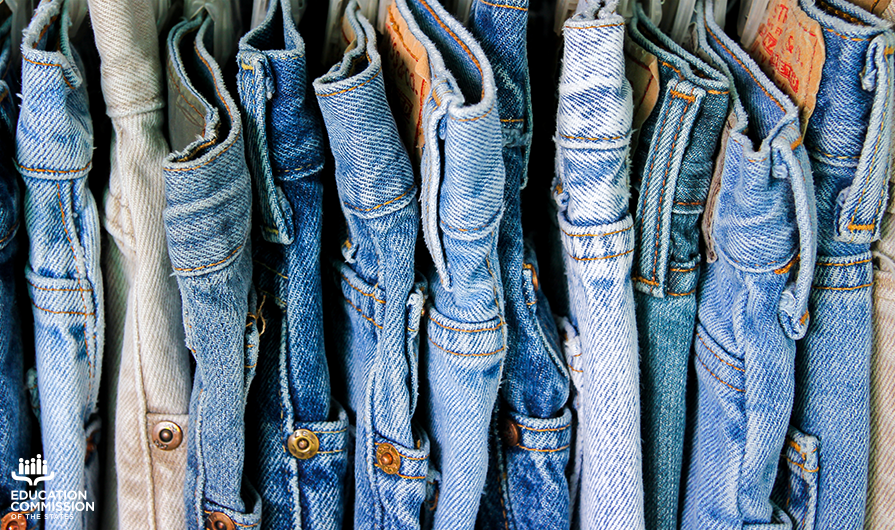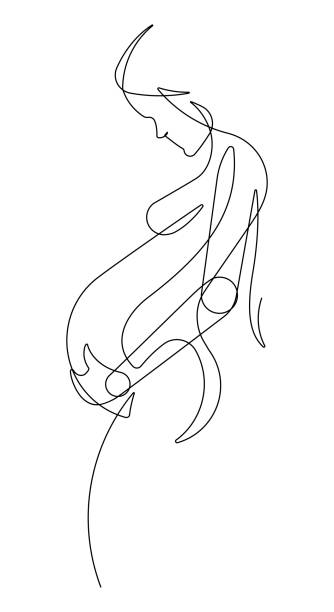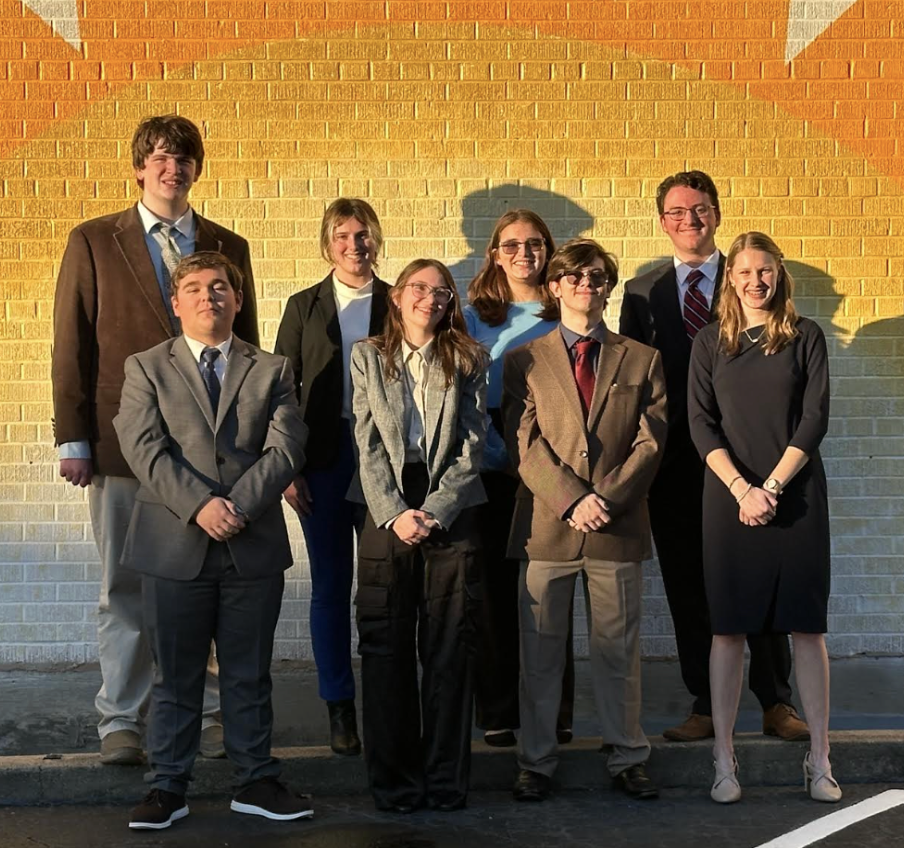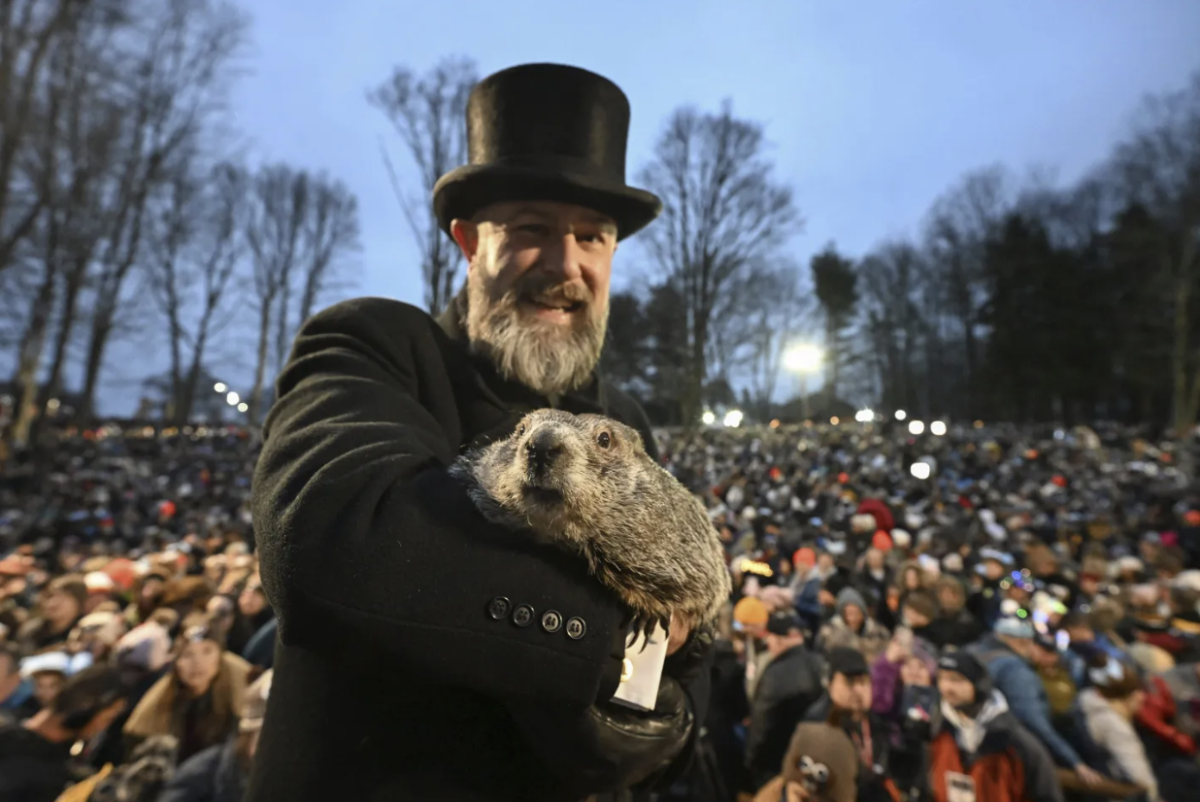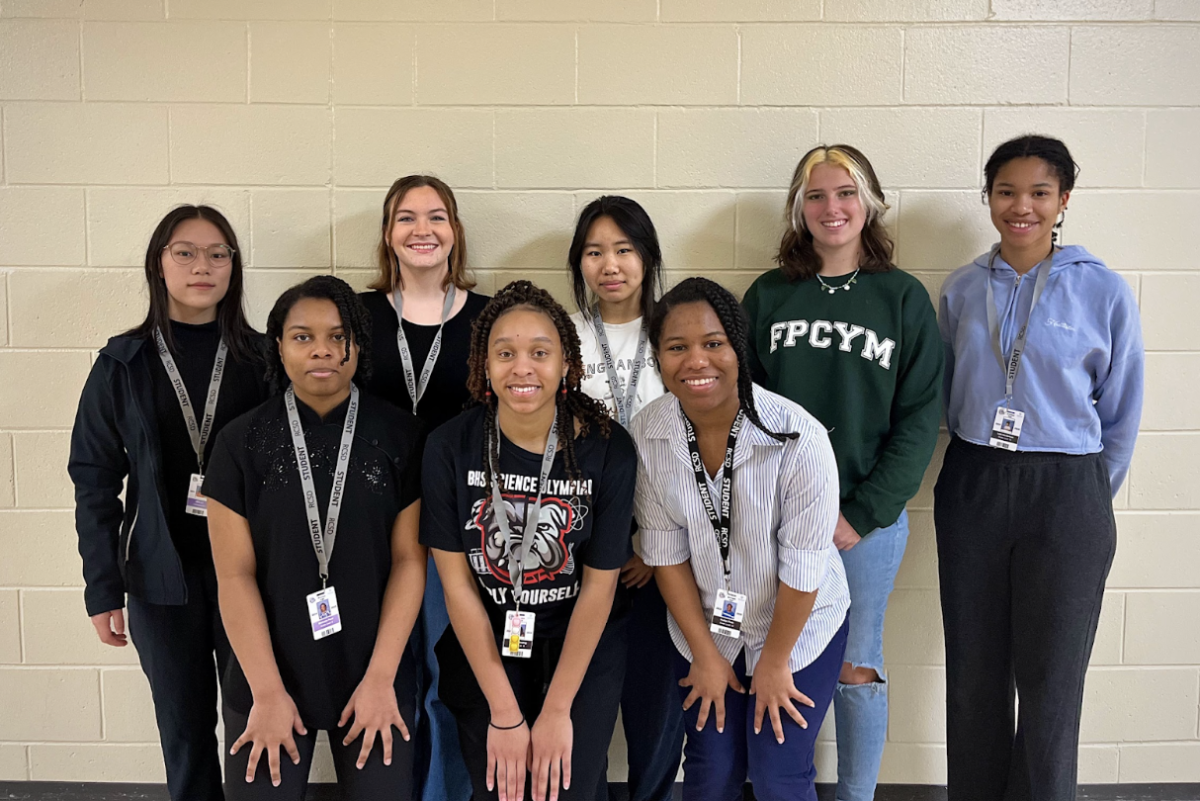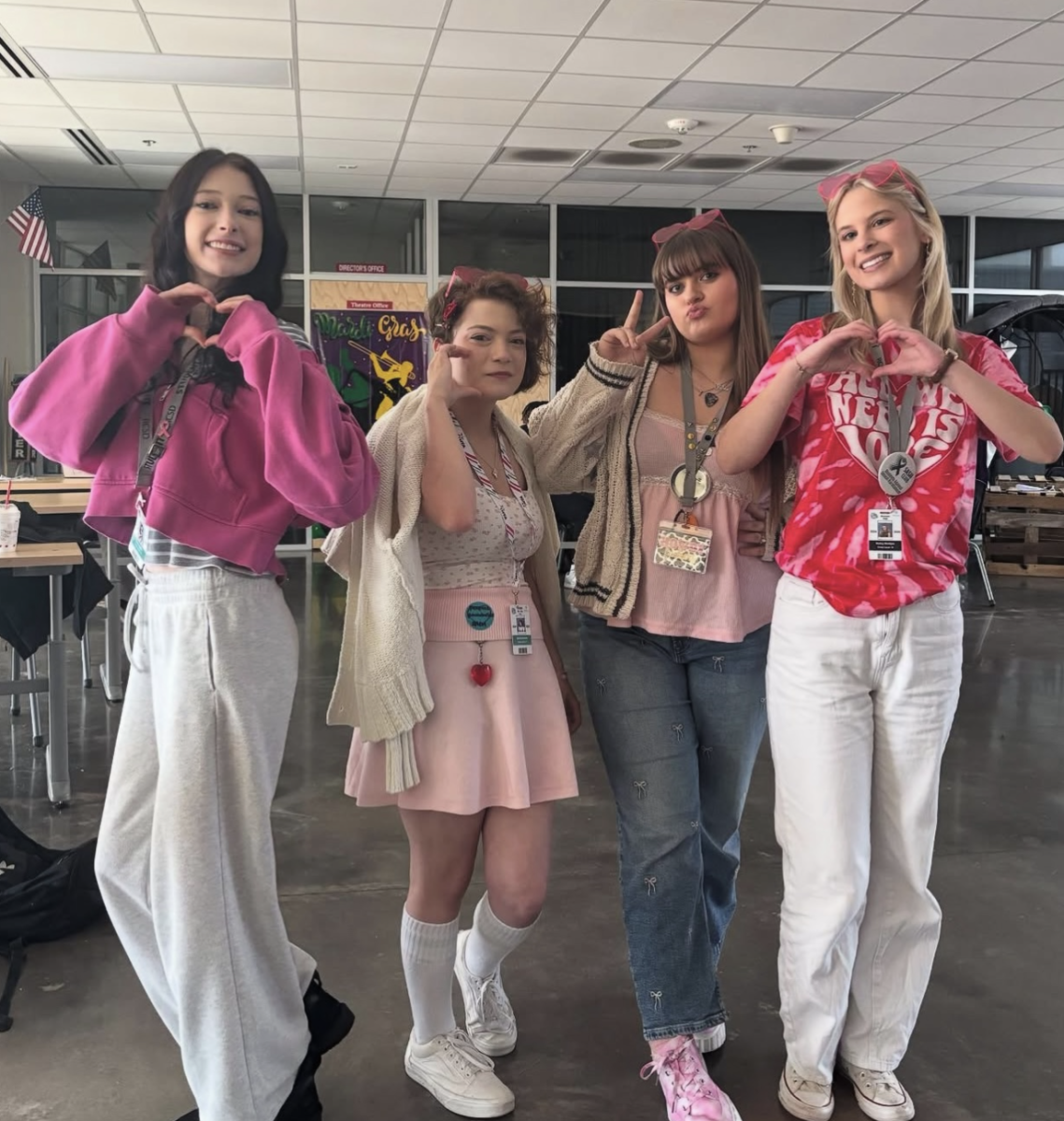Brandon Print Journalism had the opportunity to interview two anonymous individuals regarding their experiences with sexual assault. These stories are shared to spread awareness, as April is sexual assault awareness month. For the sake of their privacy, interviewee one will be referred to as Jane; interviewee two will be Lucy.
When sitting down with Jane, she expressed to me the pain she went through after her experience. After being forced to be open about the situation, she found her close group splitting into two halves: people who believed her and people who didn’t. Despite not wanting to come forward, she heard her story circulating. Jane expressed that initially, she “didn’t think anything like that happened to [her], because [they] were in a relationship, and it didn’t feel like that.” Finding excuses for him, “[she] would even try to be like no, like, y’all don’t know he didn’t mean it.” She found herself experiencing panic attacks, heart pain, and had difficulty eating. Her doctors gave her medicine, but even with the help of prescriptions, she still struggled daily. Constantly having her story diminished, “[she] didn’t understand how [she] was a liar. [The whole situation] was just really bad mentally.” Despite individuals’ disbelief, police officers reassured her that her assault was a matter-of-fact real.
Jane was eventually brought to court and consoled with the fact that she would be alone in the room. Despite the promises, she was greeted into “[a] room and [had to hear] this grown man[, an attorney,] say bad things about [her].” She found this happening often, as people in hallways whispered as he walked by. “It was really hard, I didn’t really have anyone to talk to… No one understood,” Jane told me. “[The feeling] wouldn’t go away until time.” Now, Jane recognizes how the experience has shaped her. “I would like to say that I am very protective of victims and survivors of [sexual assault]. I want to spread awareness. I just think it’s so aggravating that, like me, I didn’t even know what happened to me was a crime. Like I said, we were dating… and I said no repeatedly and stop… and he wouldn’t stop. And that, that is rape. And that was never told to me.” Jane emphasizes the importance of individuals knowing what consent is. “Consent is not just ‘yes or no’, it is ‘are you forced or begged to do it’? That is not consent.” Despite not wanting to talk about her assault when it initially happened, “[she] is definitely stronger because of [it].”
If Jane could have a conversation with victims and survivors of sexual assault, she would tell them, “Don’t try to be there for someone who hurts you. Even if you feel like you’re doing the right thing and you’re being the good person… people that love you don’t hurt you. No matter what they went through in the past, that does not excuse their behavior now. You have people to talk to even though it doesn’t feel like it. People care about you, it’s really hard to believe that, but it is true… You’re gonna hear things about yourself and all this stuff, but if you have people you’re close to and know well, they wouldn’t do that.” She found her story being told by other people. Lucy, interviewee two, experienced something scarily similar. “It’s so weird to talk about, because I couldn’t, like, stand up for myself,” she told me. “People think sexual assault is just rape, but it’s not just that… When we broke up, I told like a few people, and none of them believed me… I felt helpless.”
With no one believing her story, “it felt like, honestly, like a lie to me as well. I felt like I was lying to myself.” After her assault, she found herself returning to old habits in her previous relationship. “The guys I would talk to, I would just use my body because it was the only thing I was used to.” Now, however, “[she recognizes her] worth.” Lucy says, “I am not gonna stick around for people that make me feel only worth that… There [were] so many things that were taken from me, like I felt like it was so hard to come off of how I treated other people in a relationship, because I was so stuck on how I was treated with him… I didn’t feel confident in my ability to… have a good partner or be a good partner.” In the past, she found herself conforming to what her ex-partner wanted. Now, one of the “biggest thing[s]” she sees in herself is that she “can stand up for [her]self in any friendship or relationship.”
Finding the courage to speak up about her assault wasn’t easy. “It took a long time,” she shared, “it took going through another relationship and finding God… When I finally did [share my story], it was like the hardest thing I could ever do.” If Lucy could share advice with fellow survivors and victims, she’d tell them to “[k]now who you are, because sometimes you don’t know yourself, which is why it… is easy to feel lost. I don’t wanna say don’t be weak, but I felt weak. It took me so long to quit feeding into things that weren’t true.” Sadly, “you don’t know what’s good for you sometimes, that’s the truth…Don’t not tell people out of fear they won’t believe you.”
If you have experienced a similar situation and feel compelled to share your story, know that there are people who are willing to listen. For help with your assault, call 1-800-656-4673, the National Sexual Assault Hotline that is available 24/7. You can also go to a trusted adult, teacher, or mentor who is there to help and support you. There are also many resources linked here with support groups and online help for coping. Despite the fear of telling their stories, Jane and Lucy spoke up in hopes that they would help someone else. In Lucy’s own words, “If there are people who don’t believe you, they don’t deserve to hear your story.”


